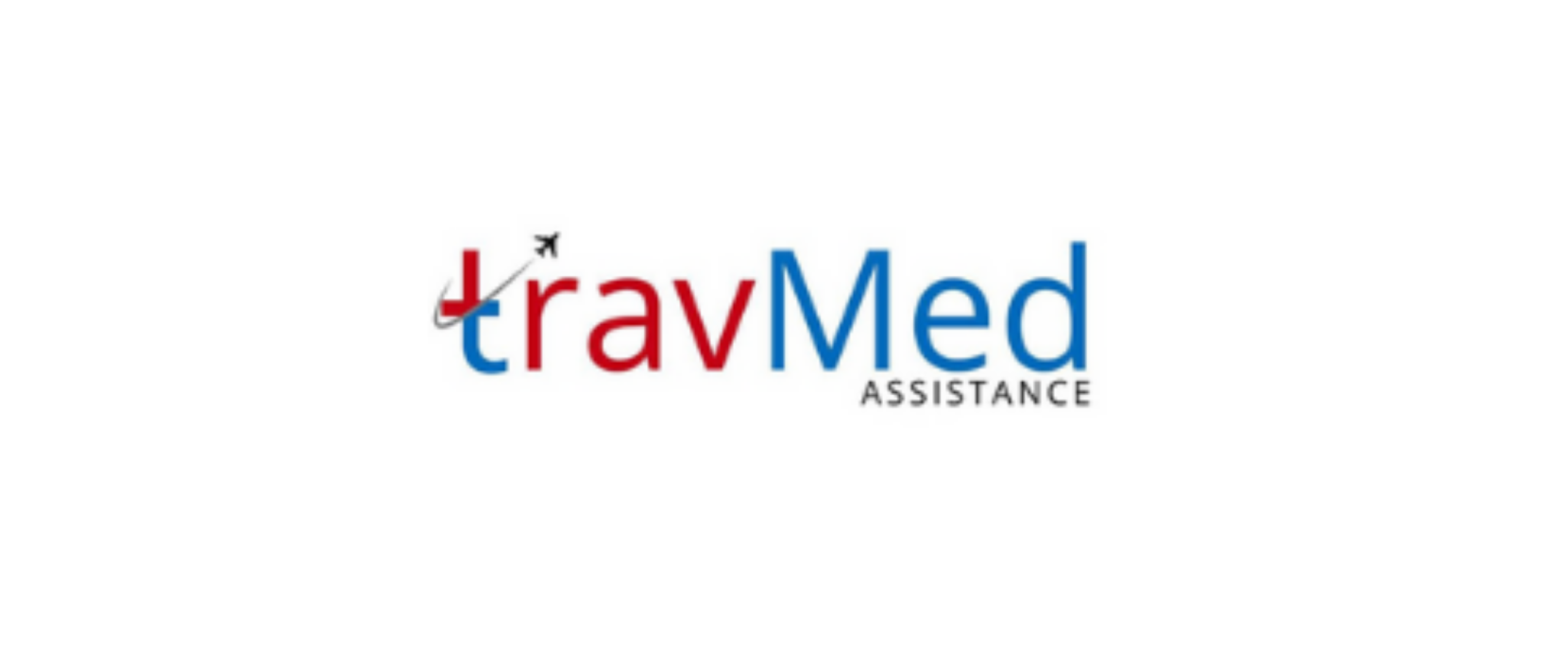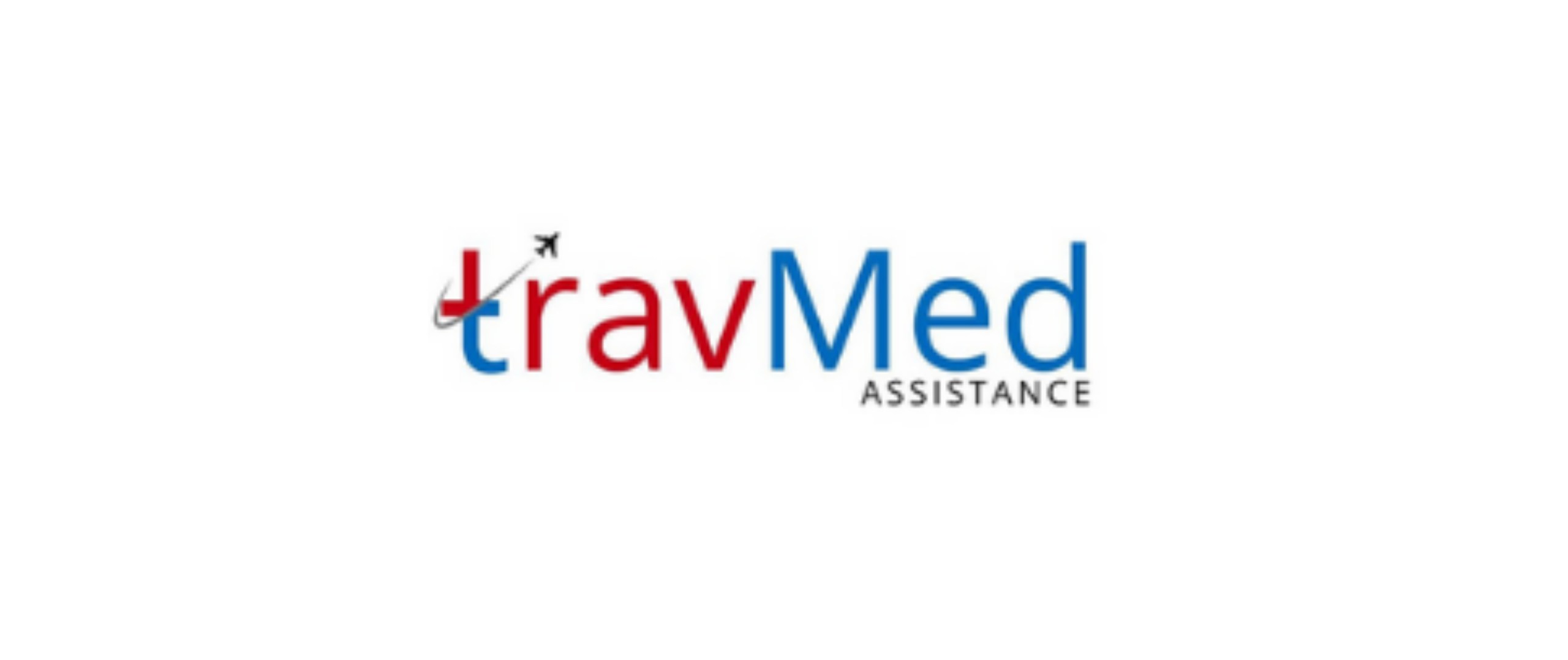
What are medical reporting services?
Medical reporting services in Nepal encompass the process of documenting, analyzing, and communicating patient health information. These services involve the creation of detailed medical reports based on examinations, tests, and treatments conducted by healthcare professionals. In Nepal, medical reporting services play a vital role in maintaining accurate patient records, facilitating communication between healthcare providers, and supporting informed decision-making in patient care. These services cover a wide range of medical specialties, including radiology, pathology, and general medical examinations. Medical reporting services in Nepal also assist in insurance claims, legal proceedings, and research purposes, providing comprehensive and standardized documentation of medical findings and interventions.
Who provides these services in Nepal?
In Nepal, medical reporting services are provided by a diverse range of healthcare institutions and professionals. Major hospitals, such as Tribhuvan University Teaching Hospital, Bir Hospital, and Patan Hospital, offer comprehensive medical reporting services across various specialties. Private healthcare facilities, including Norvic International Hospital and Grande International Hospital, also provide these services. Additionally, specialized diagnostic centers, such as National Reference Laboratory and National Path Lab & Research Centre, focus on specific types of medical reporting, such as laboratory tests and imaging studies. Independent medical practitioners and clinics throughout Nepal also contribute to the provision of medical reporting services. Government health institutions, particularly those affiliated with the Ministry of Health and Population, play a significant role in providing these services, especially in rural and remote areas of Nepal.
How do medical reporting services work?
Medical reporting services in Nepal follow a structured process to ensure accurate and comprehensive documentation of patient health information. The process typically begins with a patient’s visit to a healthcare facility or a referral from a primary care physician. The healthcare provider conducts a thorough examination, which may include physical assessments, laboratory tests, or imaging studies. Following the examination, the healthcare professional compiles the findings, diagnoses, and treatment recommendations into a detailed report. This report is then reviewed for accuracy and completeness before being finalized. In many cases, specialized software and electronic health record systems are used to streamline the reporting process and ensure standardization. The completed report is then made available to the patient, referring physician, or other authorized parties as needed. In Nepal, medical reporting services often involve collaboration between different healthcare professionals to provide a comprehensive view of the patient’s health status.
What documents are required for reports?
The documents required for medical reports in Nepal vary depending on the type of report and the specific healthcare facility. However, some common documents include:
- Valid identification (citizenship card, passport, or driver’s license)
- Referral letter from a primary care physician or specialist
- Previous medical records or test results
- Insurance information (if applicable)
- Consent forms for medical procedures or information release
- Prescription records
- Immunization records
- Allergy information
- Family medical history documentation
- Any relevant legal documents (e.g., power of attorney for healthcare decisions)
Healthcare providers in Nepal may request additional documents based on the specific medical condition or the purpose of the report. Patients are advised to inquire about required documents when scheduling their appointment or consultation to ensure a smooth reporting process.
How much do medical reports cost?
The cost of medical reports in Nepal varies widely depending on factors such as the type of report, the healthcare facility, and the complexity of the medical condition. Basic medical reports for general health check-ups may range from NPR 500 to NPR 2,000. More specialized reports, such as comprehensive diagnostic evaluations or expert medical opinions, can cost between NPR 3,000 and NPR 10,000 or more. In private hospitals and specialized clinics, the costs may be higher, ranging from NPR 5,000 to NPR 20,000 for detailed reports. Some government hospitals offer subsidized rates for medical reports, particularly for low-income patients. It’s important to note that these costs are often separate from the fees for medical examinations or tests. Patients are advised to inquire about the specific costs of medical reports at their chosen healthcare facility, as prices can vary significantly across different providers in Nepal.
How long does it take to get reports?
The time required to obtain medical reports in Nepal depends on various factors, including the type of report, the complexity of the medical condition, and the workload of the healthcare facility. Simple reports, such as basic health check-up results, may be available within 24 to 48 hours. Laboratory test reports typically take 2 to 5 working days, depending on the nature of the tests. More complex reports, such as those involving specialized imaging studies or consultations with multiple specialists, may take 7 to 14 days or longer. In urgent cases, some healthcare facilities in Nepal offer expedited reporting services for an additional fee. The turnaround time for medical reports can also be affected by factors such as equipment availability, staff workload, and the need for additional tests or consultations. Patients are advised to discuss expected timelines with their healthcare provider and inquire about any available options for expedited reporting if needed.
Are services available for international patients?
Medical reporting services in Nepal are indeed available for international patients. Many hospitals and healthcare facilities in major cities like Kathmandu, Pokhara, and Chitwan cater to international patients, offering services in English and sometimes in other languages. These facilities often have dedicated international patient departments to assist with medical reporting and other healthcare needs. Services for international patients typically include:
- Multilingual staff to facilitate communication
- Assistance with visa and travel arrangements
- Coordination with home country healthcare providers
- Telemedicine consultations for follow-up care
- Translation of medical reports into English or other languages
- Support for insurance claims and documentation
International patients seeking medical reporting services in Nepal should contact reputable healthcare facilities in advance to ensure availability and to understand any specific requirements or procedures for non-resident patients. It’s advisable to choose facilities accredited by international healthcare organizations for assured quality of services.
How reliable are reporting service providers?
The reliability of medical reporting service providers in Nepal varies, but overall, the standards are improving. Major hospitals and established healthcare facilities in urban areas generally maintain high standards of reliability in their reporting services. These institutions often adhere to international guidelines and employ qualified professionals trained in modern medical practices. However, the reliability can be inconsistent in smaller clinics or rural areas due to limited resources and expertise. Factors contributing to the reliability of reporting services in Nepal include:
- Accreditation status of the healthcare facility
- Qualifications and experience of medical professionals
- Use of modern diagnostic equipment and technologies
- Implementation of quality control measures
- Adherence to international reporting standards
To ensure reliability, patients are advised to choose healthcare providers with good reputations, seek recommendations from trusted sources, and verify the credentials of the facility and medical professionals. The Nepal Medical Council and other regulatory bodies play a role in maintaining standards, but patients should still exercise due diligence when selecting a provider for medical reporting services in Nepal.
Are services available online in Nepal?
Online medical reporting services are gradually becoming available in Nepal, although the extent and sophistication of these services vary across healthcare providers. Some of the online services related to medical reporting in Nepal include:
- Accessing test results and basic medical reports through hospital portals
- Telemedicine consultations with follow-up report generation
- Online booking for medical examinations and report requests
- Digital storage and retrieval of medical records
- Email delivery of medical reports (with patient consent)
- Online payment for reporting services
Major hospitals and diagnostic centers in urban areas of Nepal are increasingly adopting digital platforms to enhance accessibility and efficiency in medical reporting. However, the availability of comprehensive online reporting services is still limited, and many healthcare facilities continue to rely on in-person visits for detailed medical reports. Patients should verify the authenticity and security measures of online reporting services before sharing sensitive medical information. As digital infrastructure improves in Nepal, it’s expected that more healthcare providers will offer expanded online medical reporting services in the future.
How do I access medical reporting services?
Accessing medical reporting services in Nepal involves several steps:
- Identify a suitable healthcare provider (hospital, clinic, or diagnostic center)
- Contact the facility to inquire about available reporting services
- Schedule an appointment or consultation
- Gather necessary documents and medical history
- Attend the medical examination or undergo required tests
- Provide consent for report generation and information release
- Pay the required fees for the medical report
- Wait for the report to be prepared (timelines vary by provider and report type)
- Collect the report in person or receive it through authorized channels
For specialized reports, a referral from a primary care physician may be required. Some facilities offer online appointment booking and report request services. Patients should clarify the specific procedures, required documents, and expected timelines when initiating the process. In emergency situations, many hospitals in Nepal provide expedited reporting services. For international patients or those seeking reports from multiple providers, it may be helpful to engage a medical facilitator or coordinator to streamline the process of accessing medical reporting services in Nepal.
How is data confidentiality ensured?
Data confidentiality in medical reporting services in Nepal is maintained through various measures implemented by healthcare providers and regulatory bodies. These measures include:
- Secure electronic health record systems with restricted access
- Encryption of digital medical reports and data transmissions
- Physical security measures for paper records and storage areas
- Staff training on patient privacy and data protection protocols
- Implementation of data access logs and audit trails
- Use of unique patient identifiers to minimize personal information exposure
- Obtaining patient consent before sharing medical information
- Compliance with national health data protection regulations
- Secure disposal methods for outdated or unnecessary medical records
- Confidentiality agreements signed by healthcare staff and third-party service providers
The Nepal Medical Council and the Ministry of Health and Population provide guidelines on maintaining patient confidentiality. However, the level of data protection can vary among healthcare facilities. Patients are advised to inquire about specific confidentiality measures when accessing medical reporting services and to report any concerns about data privacy to the relevant authorities or healthcare facility management.
Who monitors the quality of reporting services?
The quality of medical reporting services in Nepal is monitored by several entities:
- Nepal Medical Council (NMC): Oversees medical practices and sets standards for healthcare services
- Ministry of Health and Population: Develops policies and guidelines for healthcare quality
- Quality Assurance and Regulation Division (QARD): Monitors healthcare facilities and enforces quality standards
- Nepal Health Professional Council: Regulates allied health professionals involved in medical reporting
- Hospital-specific quality assurance departments: Implement internal quality control measures
- Professional associations (e.g., Radiological Society of Nepal): Provide guidelines for specialty-specific reporting
- International accreditation bodies (for some facilities): Conduct periodic assessments of healthcare quality
- Patient feedback and complaint mechanisms: Allow for user-driven quality monitoring
- Academic institutions: Conduct research on healthcare quality and reporting standards
- Non-governmental organizations: Contribute to healthcare quality improvement initiatives
These entities work collaboratively to establish standards, conduct inspections, and implement quality improvement measures in medical reporting services across Nepal. However, the effectiveness of monitoring can vary, particularly in remote areas. Patients are encouraged to choose healthcare providers with recognized quality certifications and to actively participate in providing feedback to contribute to the ongoing improvement of medical reporting services in Nepal.


